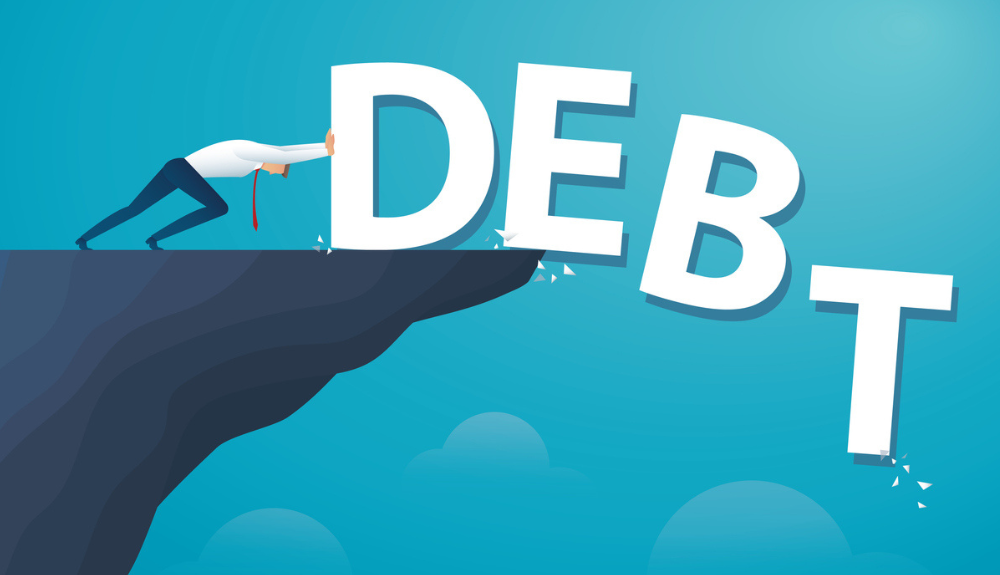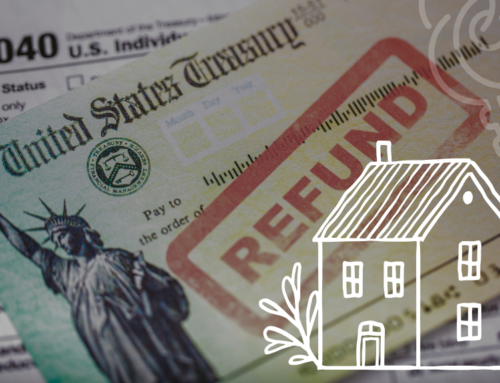When it comes to paying off debt, it can be difficult to figure out where to start. You might find yourself wondering what payments to focus on, and worrying about whether or not you can save money at the same time. The good news is, becoming debt free is easier than you think if you have the right plan and stick to it.

First things First, Get in the Right Mindset
If you want to get out of debt and stay out of debt, you’ll have to mentally prepare for a lifestyle change. Be ready for some hard work, strict discipline and letting go of habits that brought about the debt. No more impulse purchases or charging things to worry about later. It will be hard at first, but soon you’ll see the benefits of delayed gratification. It will be worth it when you’re no longer spending your paycheck to pay for the past and can put more money toward your future.
Debt Elimination Strategy: The Snowball Method
The debt snowball method focuses on paying off your smallest debt balance first and then moving on to the next smallest. It works well with multiple debts as you can quickly pay off each debt in and see progress. These small victories will provide the motivation and momentum you need to stay on track with your debt-free plan.
Here’s how the Debt Snowball Method works:
1. List all your debts from smallest to largest balance – regardless of interest rate.
2. Go after the smallest debt first, being as aggressive as financially possible. Keep making minimum payments on the rest of your debts.
3. Once you pay off the smallest debt, take the funds you were allocating to the last debt and payment and apply it to your next-smallest debt.
4. Repeat this method until all your debts are paid off.

Clever Ways Save Money (and attack debt faster)
Sell Your Unused Items: Utilize platforms like Facebook Marketplace to sell items you no longer need, or consider organizing a traditional garage sale.
Library Resources: Take advantage of free entertainment with your library card. Not only can you borrow books, e-books, and audiobooks, most libraries provide access to access to movies, TV shows, and music.
Cut Out Cable: Chances are you’re paying your cable provider for channels you don’t even watch. Today there are so many streaming services and cable alternatives that cost less than cable, so be sure to explore your options.
Grocery Shop Online: Doing this will allow you to find online-exclusive deals and also reduces the temptation of impulse purchases that aren’t on your list.
Say No To Bottled Water: Invest in a one-time reusable water bottle instead of continuously buying plastic bottles. You’ll save money and help save the environment at the same time.
Opt For Seasonal Produce: Eating healthy doesn’t have to be expensive, contrary to popular belief. In-season produce is easier to supply in a large quantity, often resulting in a lower cost to you.
Eat at Home: The average American household spends nearly $3000 a year at restaurants. If this sounds like you, you could save roughly $250 a month just by cooking at home.
Brew Your Own Coffee: Ditching your daily coffee shop visits for home-brewed coffee might save more than you think.
Review Your Tax Withholdings: Consult with your accountant about adjusting your tax withholdings to increase your monthly take-home pay, which can then be redirected towards savings or debt repayment.
Keep Reading:
How to Save for a Down Payment – Even with Student Loan Debt
4 Credit Mistakes Michigan Homebuyers Make
Michigan Mortgage Lender, Julie Krumholz – Superior National Bank
Julie Krumholz from Superior National Bank is a mortgage lender that serving Oakland County, Macomb County and the entire state of Michigan. With 35 years of industry experience, Julie has worked in nearly all aspects of mortgage banking.
If you are looking for an experienced Mortgage Lender in Michigan, call Julie at: 586-382-5482 and let her help you navigate the loan process and answer any questions you may have.





